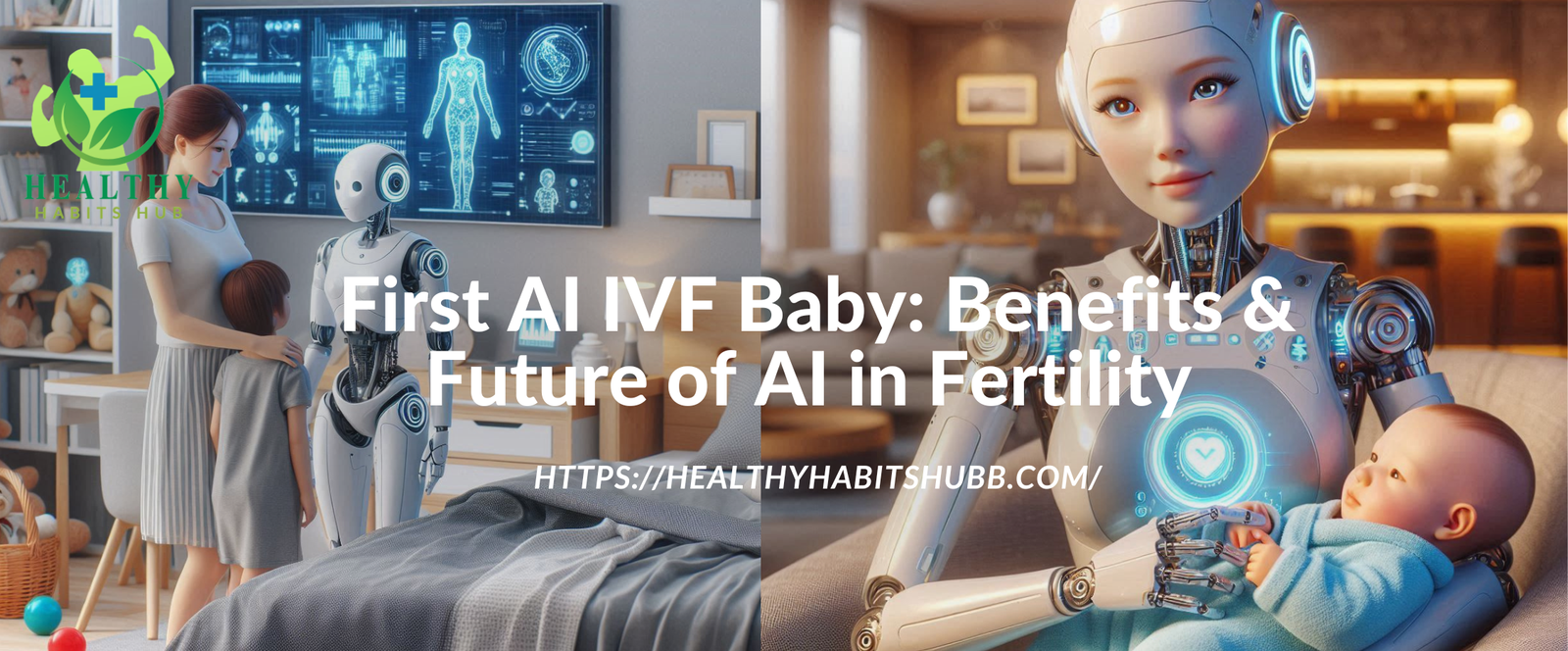Wow, Did You Hear About the First AI Baby?!
Seriously, this story blew my mind. Apparently, in Mexico, a healthy baby boy was born through a completely automated IVF process – all thanks to artificial intelligence! I mean, talk about the future arriving, right? This whole thing was even published in Reproductive Biomedicine Online, so it’s legit. It just makes you wonder what this could mean for couples who’ve been struggling with infertility.
So, How Did This Incredible Thing Happen?
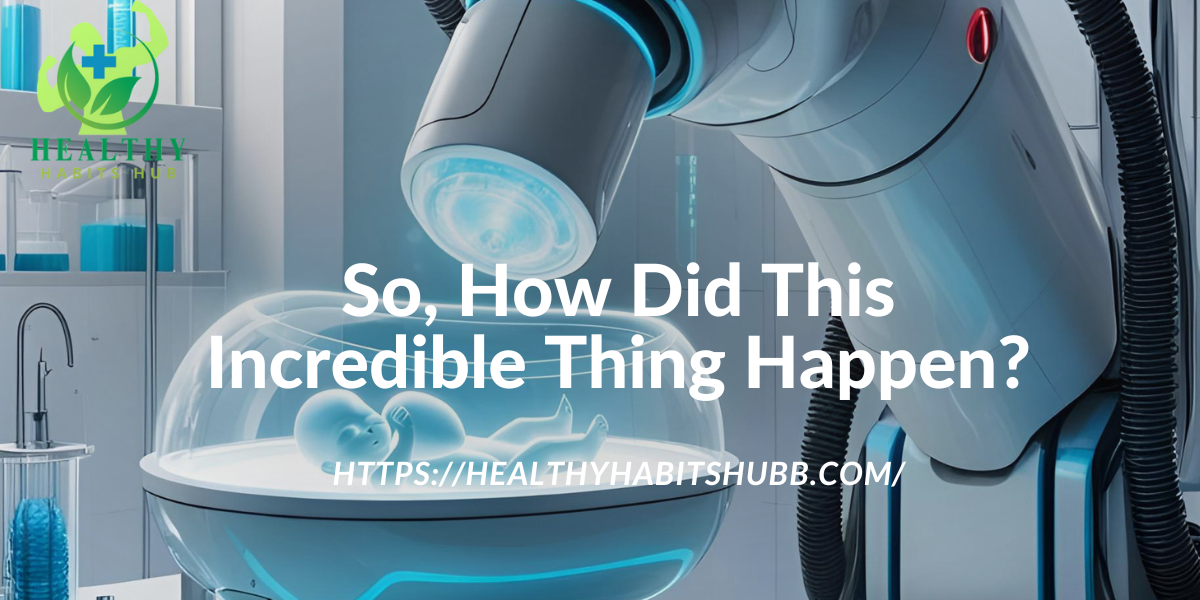
- Okay, so the gist of it is this: a 40-year-old woman, who was doing IVF with donor eggs after a previous try didn’t work, ended up conceiving because of this new AI-powered system.
- The real kicker? They automated the Intracytoplasmic Sperm Injection (ICSI) part. If you’re not familiar, that’s where a super-skilled embryologist manually injects a single sperm into an egg. Now, picture a machine doing that entire delicate process. Wild!
- The company behind this is called Conceivable Life Sciences, a fertility biotech company with connections in New York and Mexico. Their AI system is designed to handle all 23 steps of ICSI. Twenty-three! That’s a lot of steps.
- Think about the tech involved here: AI algorithms learning and analyzing sperm and egg quality, trying to figure out the best matches, and then controlling robotic arms to do the actual injection. It’s not just some random poke; this AI selects the best-looking sperm, uses a laser to hold it still, and then guides it super precisely into the egg. Seriously impressive.
- And get this – the embryologists in both Mexico and New York could actually oversee and give commands remotely through a digital interface. It’s like something out of a movie!
- In this experiment, the AI system fertilized five eggs, and they also did three the old-fashioned way, manually. The AI ended up with four embryos, and all three of the manual ones also fertilized. Sadly, one of the AI embryos didn’t implant, but the others, including the one that resulted in this baby boy, were successful.
- One thing that’s kind of interesting is the time it took. Manual ICSI averages around a minute and a half per egg, but the AI system in this trial took almost ten minutes per egg. You’d think they could speed that up eventually, right?
The Cool Possibilities: What AI Could Do for IVF
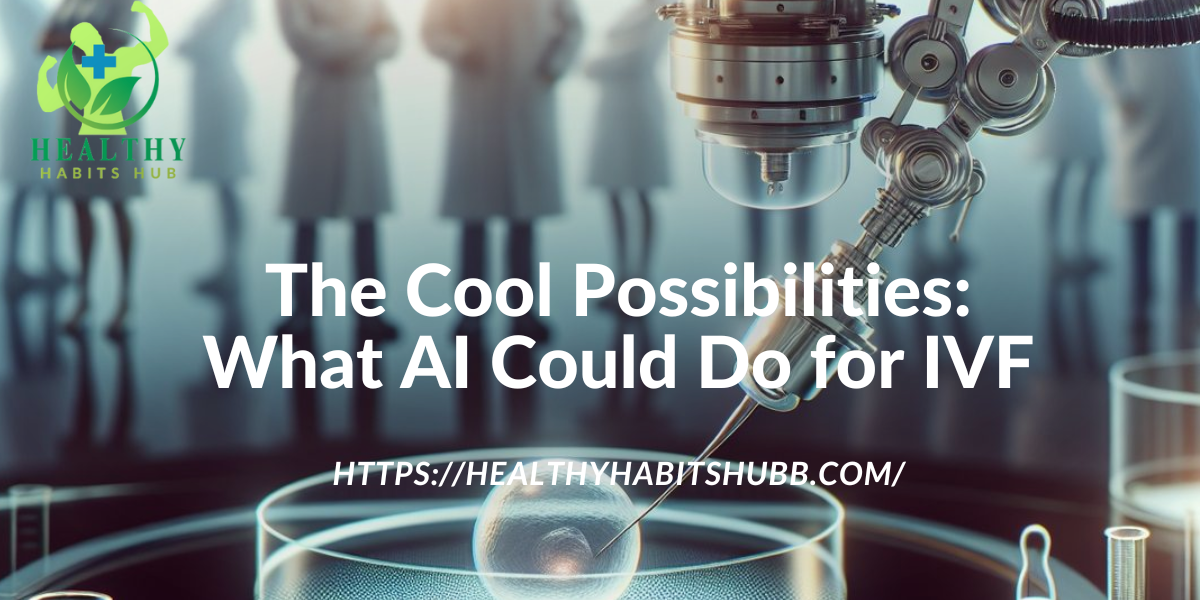
Honestly, the potential here seems huge:
- Super Accurate and Efficient: AI can look at tons of data and maybe spot things we humans miss, leading to better sperm and embryo selection. Plus, robots doing the repetitive work could really cut down on mistakes.
- Maybe More Babies Born? If AI helps us pick the best embryos, maybe we’ll see higher success rates and fewer IVF cycles needed. Fingers crossed!
- Could It Get Cheaper? If robots take over some of the lab work, maybe the cost of IVF could come down, making it accessible to more people. That would be amazing.
- Treatments Tailored Just for You: Imagine AI looking at your whole medical history and creating a treatment plan that’s specifically designed for you. That sounds pretty promising.
- Making Things More Consistent: AI could help standardize IVF, so you get a more similar experience no matter where you go.
- Better at Predicting What Might Happen: AI might even be able to give doctors a better idea of how likely a cycle is to work.
- Keeping a Closer Eye on Hormones: AI could track hormone levels in real-time, allowing for quicker adjustments to medication.
- Smarter Sperm Analysis: AI could give us more consistent and thorough semen analysis.
But Hold On, There Are Things We Need to Consider…
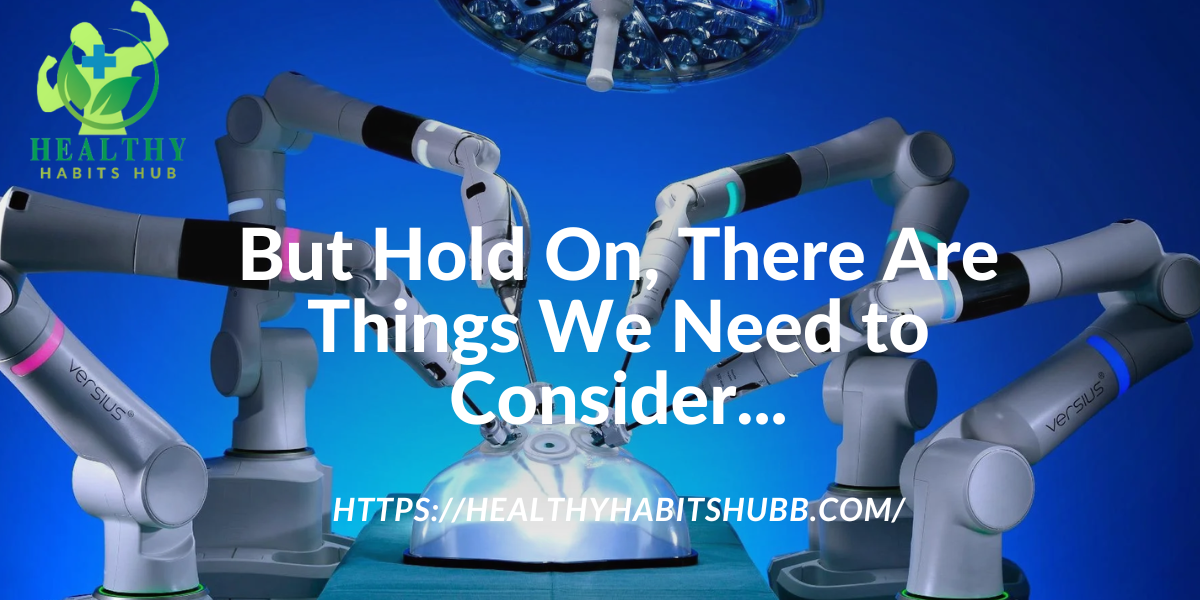
Of course, it’s not all sunshine and roses. There are some important questions:
- We Need Rules! Experts are saying we need clear regulations to make sure this is safe and effective. Makes sense.
- Some Tricky Ethical Stuff: We need to think hard about things like bias in how the AI selects embryos, if we even understand why it’s making those choices, and if we’re letting machines make decisions that should be human.
- Keeping Our Info Private: All that patient data needs to be super secure. No brainer.
- Making Sure It’s Fair for Everyone: We don’t want AI-assisted IVF to become something only the wealthy can afford.
- Could the AI Be Unfair? What if the data used to train the AI has biases? That could lead to unfair outcomes.
- Understanding the “Why”: Sometimes we don’t know why an AI made a certain decision, and that can be a bit unsettling.
- Who’s to Blame if Something Goes Wrong? We need to figure out who’s responsible if there’s an error.
- Will It Feel Less Personal? Could relying too much on tech take away the human connection in this really emotional process?
What’s Next? The Future Looks… AI-ish!
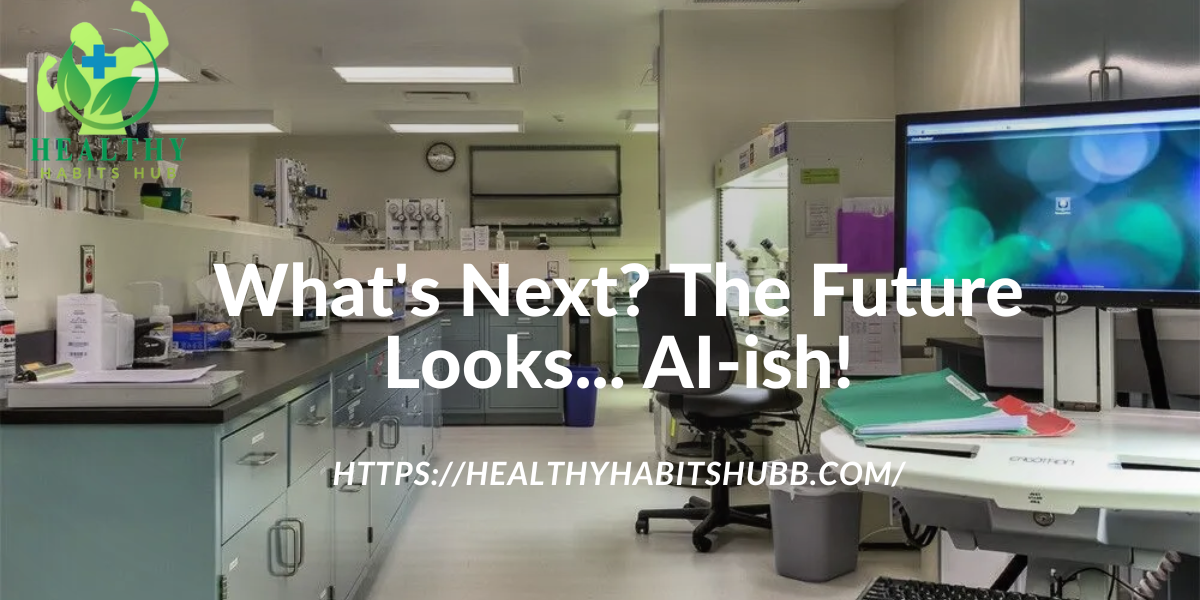
Looking ahead, AI could really change the game in IVF:
- Even Smarter Embryo Selection: AI could get even better at picking the best embryos using advanced imaging.
- Super Personalized Treatments: AI could create truly tailored treatment plans.
- More Robots in the Lab! We might see more automation of routine tasks.
- Gentler Ways to Check Embryos: AI could help us assess embryos without disturbing them.
- AI and Genetics Working Together: AI could help analyze genetic info to improve embryo selection.
- Smarter Matching of Eggs and Sperm: AI could help choose the best combinations.
- Truly Personalized Medicine: AI could lead to more tailored approaches based on individual patients.
- Maybe Lower Costs? As things get more efficient, maybe IVF will become more affordable.
What the Smart People Are Saying
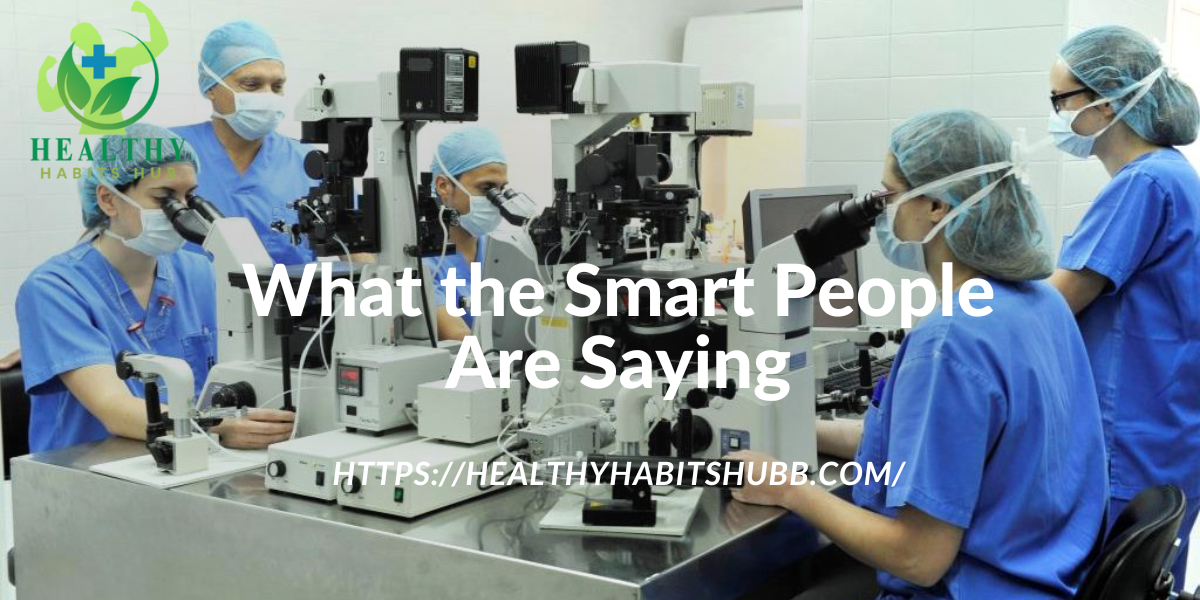
- Jacques Cohen, co-founder of Conceivable Life Sciences, believes that this level of automation could reduce the chance of human error and fatigue affecting the outcomes.
- Ali Abbara, NIHR Clinician Scientist at Imperial College London, states that AI can offer a new paradigm in how IVF treatment is delivered and could lead to better outcomes for patients.
- Experts emphasize that AI should be seen as a tool to enhance, not replace, human expertise in IVF.
- Tralik found that FOLLISCAN, an AI-driven ultrasound tool, streamlined patient visits, cutting ultrasound time to just 8–10 seconds per ovary.

This first AI baby really feels like a big step towards more automated IVF labs, where AI helps with precision and consistency while humans still oversee everything. The potential is huge, but we need to be careful and think about the ethics to make sure we use this technology the right way. Ultimately, it’s about helping more people have families.
My Final Thoughts?
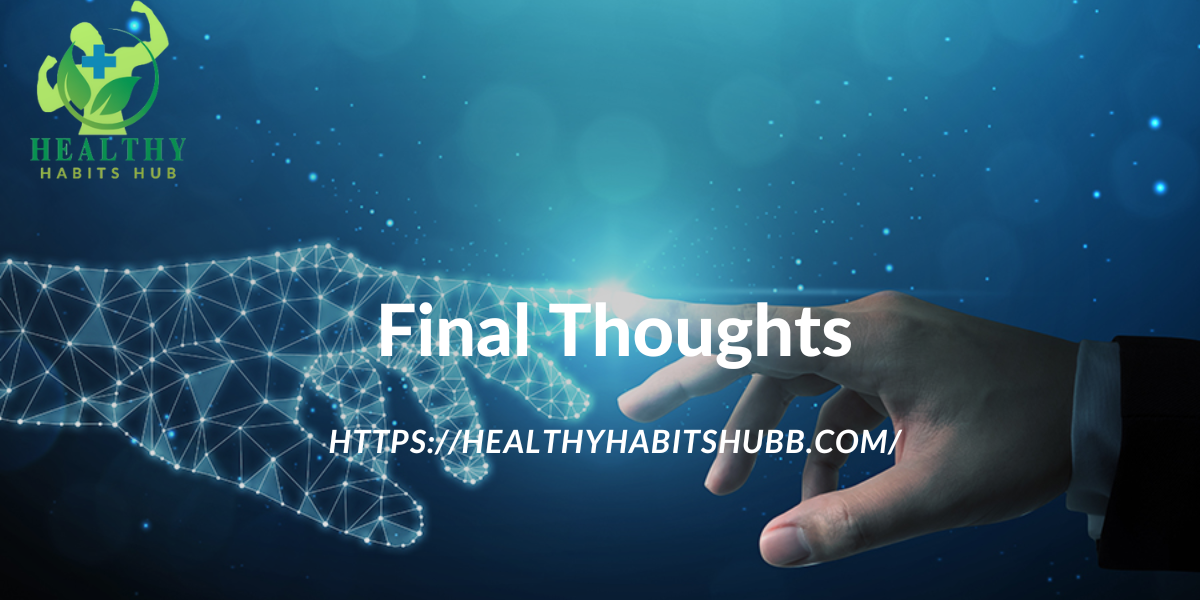
This whole AI baby thing is just… wow. It’s not just a tech story; it feels like a real shift in how we think about making families. It gives you a peek into a future where AI could make the dream of parenthood a reality for more people, making the journey more precise, efficient, and maybe even more affordable. But we’ve got to be smart about this, think about the ethical stuff, and make sure there are good rules in place. As we step into this new world, we need to have some serious conversations to make sure this incredible technology is used in the best way possible for all of us. It really makes you think, doesn’t it?
Welcoming this new AI into our world naturally leads us to grapple with deep-seated human questions.

